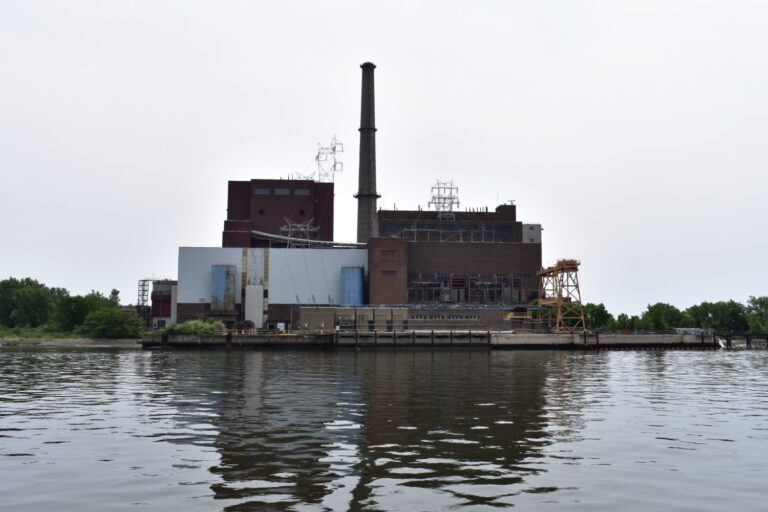Waterkeeper Alliance Applauds EPA’s Historic New Rules to Protect Communities and Clean Water from Toxic Power Plant Pollution
By: Waterkeeper Alliance

The Environmental Protection Agency released four groundbreaking rules to address pollution from power plants and protect local communities and waterways across the country.
Today, the Environmental Protection Agency (EPA) released four historic final rules that take bold action against emissions of greenhouse gasses and discharges of toxic water pollution from power plants across the country. By finalizing federal standards to hold polluters accountable for endangering local communities’ health and waterways, EPA is taking a major step to secure safe drinking water for all, improve the health of waterbodies and aquatic ecosystems, and combat climate change by reducing greenhouse gas emissions from the electric utility industry.
Coal-fired power plants are one of the largest sources of toxic water pollution in the United States, posing a major threat to public health, along with the rivers, lakes, and waterways that our communities and biodiverse ecosystems depend on. These harmful pollutants disproportionately impact low-income communities and communities of color, who are often living in close proximity to these dangerous plants and forced to bear the serious health impacts.
In a significant victory for the environment and local communities, these new safeguards will address toxic power plant pollution by:
- Holding coal plants accountable for cleaning up old coal ash dumps across the country
- Strengthening treatment standards for wastewater discharges from coal-fired power plants
- Strengthening emission standards for hazardous air pollutants like mercury, arsenic, and lead released from coal-fired power plants
In response to the new safeguards, Waterkeeper Alliance CEO Marc Yaggi applauds these important actions to protect our waterways:
“We welcome the Biden administration’s promising action to place people over polluters by establishing historic regulatory guardrails to reduce toxic pollution and emissions of greenhouse gasses from coal-fired power plants. These new, much-needed power plant pollution standards represent over a decade of advocacy from communities who continue the fight for safe drinking water, healthy environments, and strong climate action. We look forward to engaging with EPA throughout the implementation process to help ensure equitable access to clean, safe water for all communities across the country, particularly those most impacted by this pollution.”